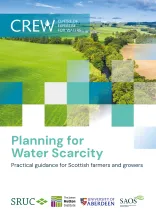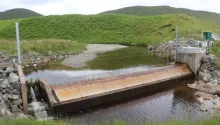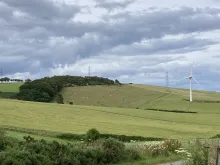Water and Society
CREW is governed according to key policy areas in Scotland’s water sector including flooding, water scarcity, coastal erosion, catchment management, rural sustainability, water quality and health, and resource recovery. Cross-cutting activities focus on adapting to climate change, land use and urbanisation, promoting the circular economy, a post-COVID green recovery, the move to net zero and a just transition for communities.
All our work has an overarching consideration of maximising the benefits of research to society and the environment.









